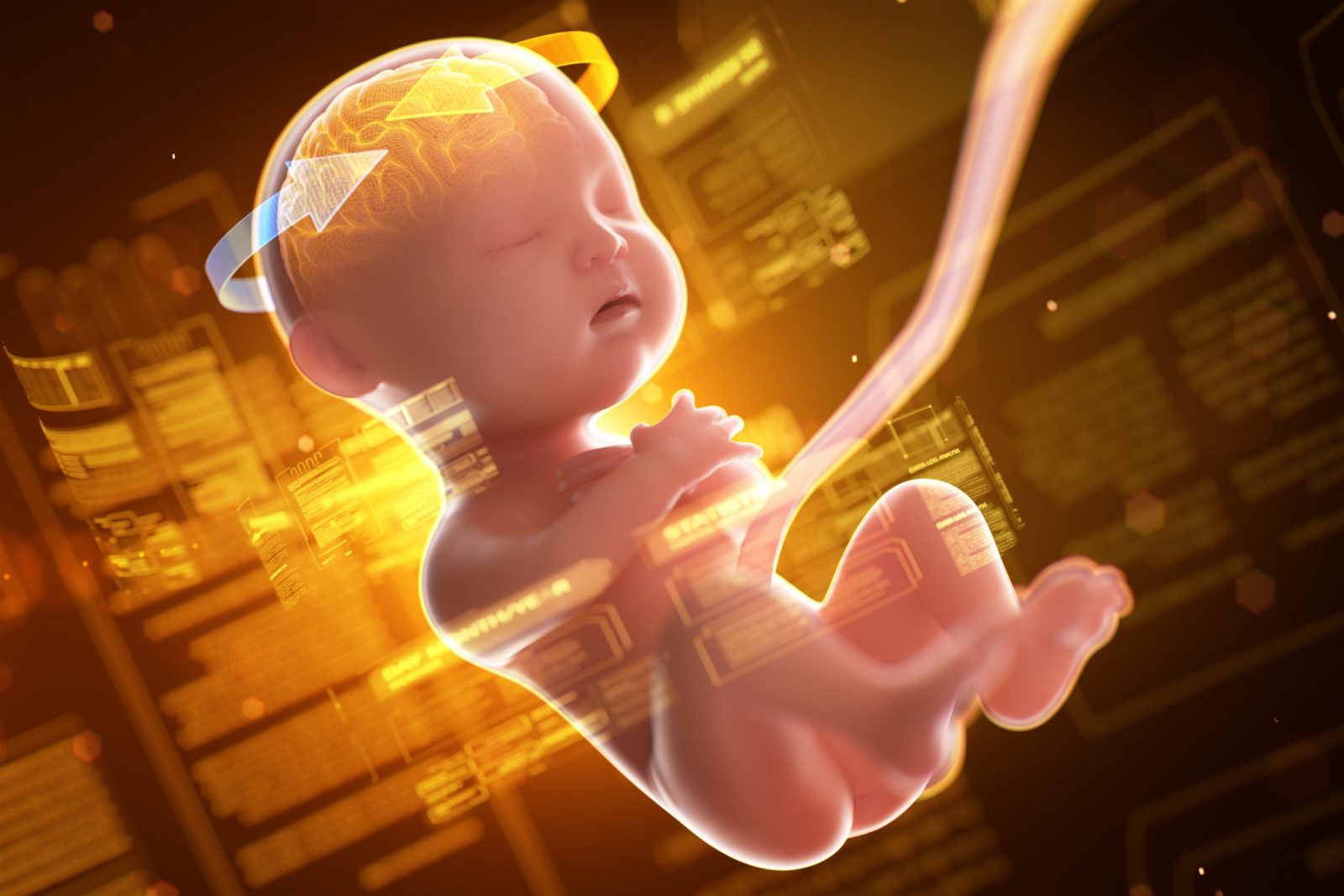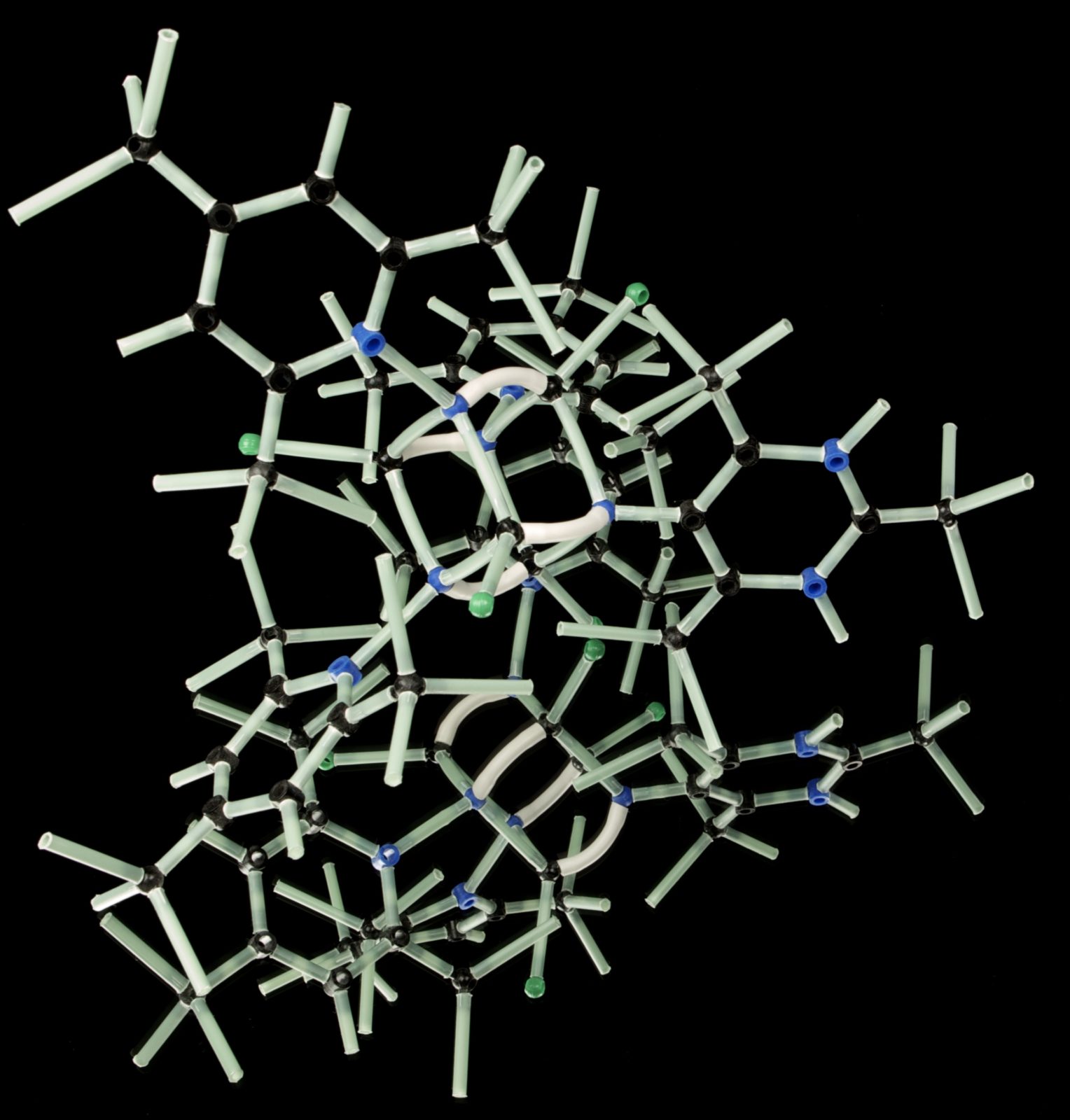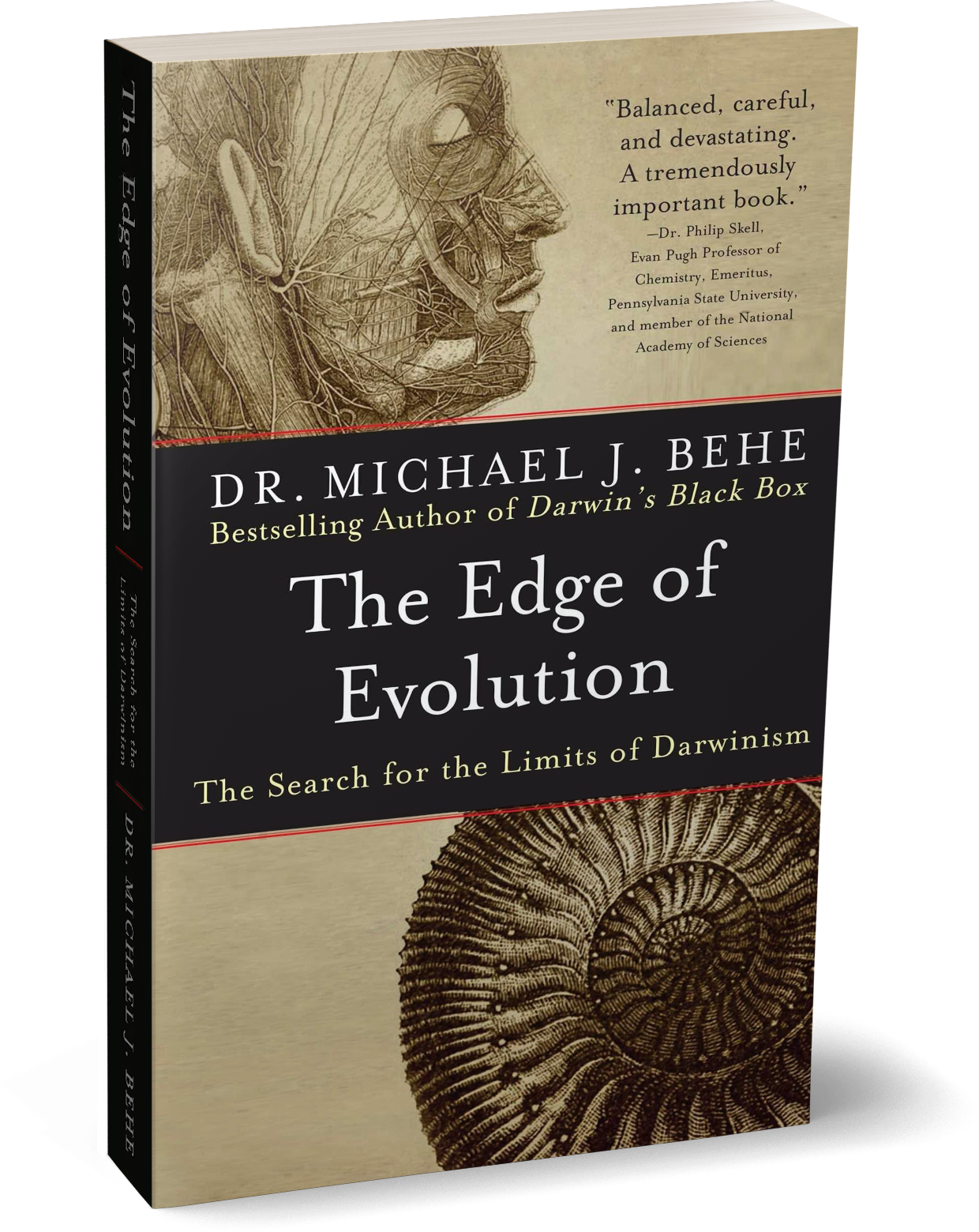


Wesley J. Smith Unpacks Nature Article about Alarming Gene Editing

The Myth of “Darwinian Medicine”

Evidence Keeps Rolling In
Several new papers have appeared that reinforce key points of my recent book, Darwin Devolves. (Hat tip to Paul Nelson.) The first one — “Quantifying the pathways to life using assembly spaces” — is from a group of theoreticians at Arizona State and the University of Glasgow. (The work was discussed by one of the authors, Sara Imari Walker, at a Read More ›

Experimental Evolution, Loss-of-Function Mutations, and “the First Rule of Adaptive Evolution”
Adaptive evolution can cause a species to gain, lose, or modify a function; therefore, it is of basic interest to determine whether any of these modes dominates the evolutionary process under particular circumstances. Because mutation occurs at the molecular level, it is necessary to examine the molecular changes produced by the underlying mutation in order to assess whether a given adaptation is best considered as a gain, loss, or modification of function. Although that was once impossible, the advance of molecular biology in the past half century has made it feasible. In this paper, I review molecular changes underlying some adaptations, with a particular emphasis on evolutionary experiments with microbes conducted over the past four decades. I show that by far the most common adaptive changes seen in those examples are due to the loss or modification of a pre-existing molecular function, and I discuss the possible reasons for the prominence of such mutations.
Read More ›
The Edge of Evolution
When Michael J. Behe’s first book, Darwin’s Black Box, was published in 1996, it launched the intelligent design movement. Critics howled, yet hundreds of thousands of readers and a growing number of scientists were intrigued by Behe’s claim that Darwinism could not explain the complex machinery of the cell. Now, in his long-awaited follow-up, Behe presents far more than a challenge Read More ›